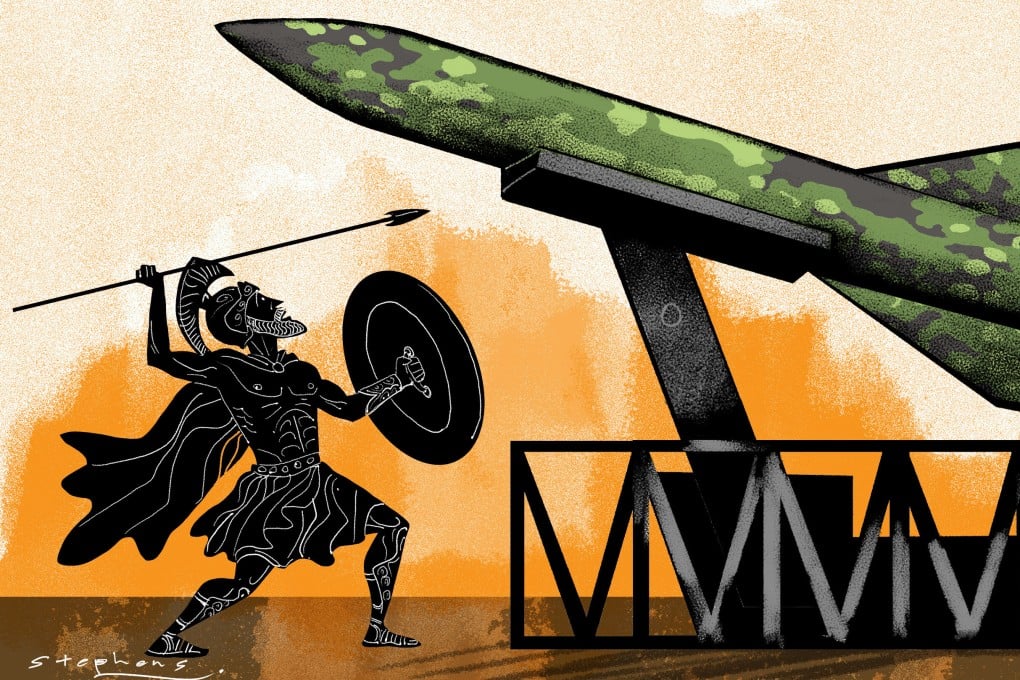Opinion | US and China at war? Why Thucydides Trap or Cold War analogies are deeply unhelpful
- The emergence of new technologies, including in nuclear weaponry, and cyberspace has changed international relations and rendered the analogies meaningless
- Instead, treating the Sino-American relationship as a complex but unique relationship would enable a more positive focus and downsize the negativity dominating discourse

Recently, the Financial Times ran an article with the headline “The US and China are already at war. But which kind?” The author, Gillian Tett, bases many of her assertions on one of the most popular historical analogies employed by Sino-American doomsayers: Graham Allison’s Thucydides Trap.
Allison argues that the US could fall into the same trap with how it views (and responds to) China’s rise.
Allison’s work has easily become the most influential international relations work over the past decade (he coined the term in the Financial Times in 2012). However, just because it is influential does not make it useful.
Of course, drawing lessons from history can be a worthwhile exercise and the Peloponnesian war, as told by the Athenian general, Thucydides, offers a basic parable about the pitfalls of zero-sum thinking – and also that short-term victories can be overshadowed by long-term reverses.

The problem, however, with looking so far back into the past to provide an analytical lens for the present is that to make it work, one must cut significant corners and engage in reductivism. Yet the individuals, units, systems, ideologies and psychologies of the time and space of one era are different from those of others.

